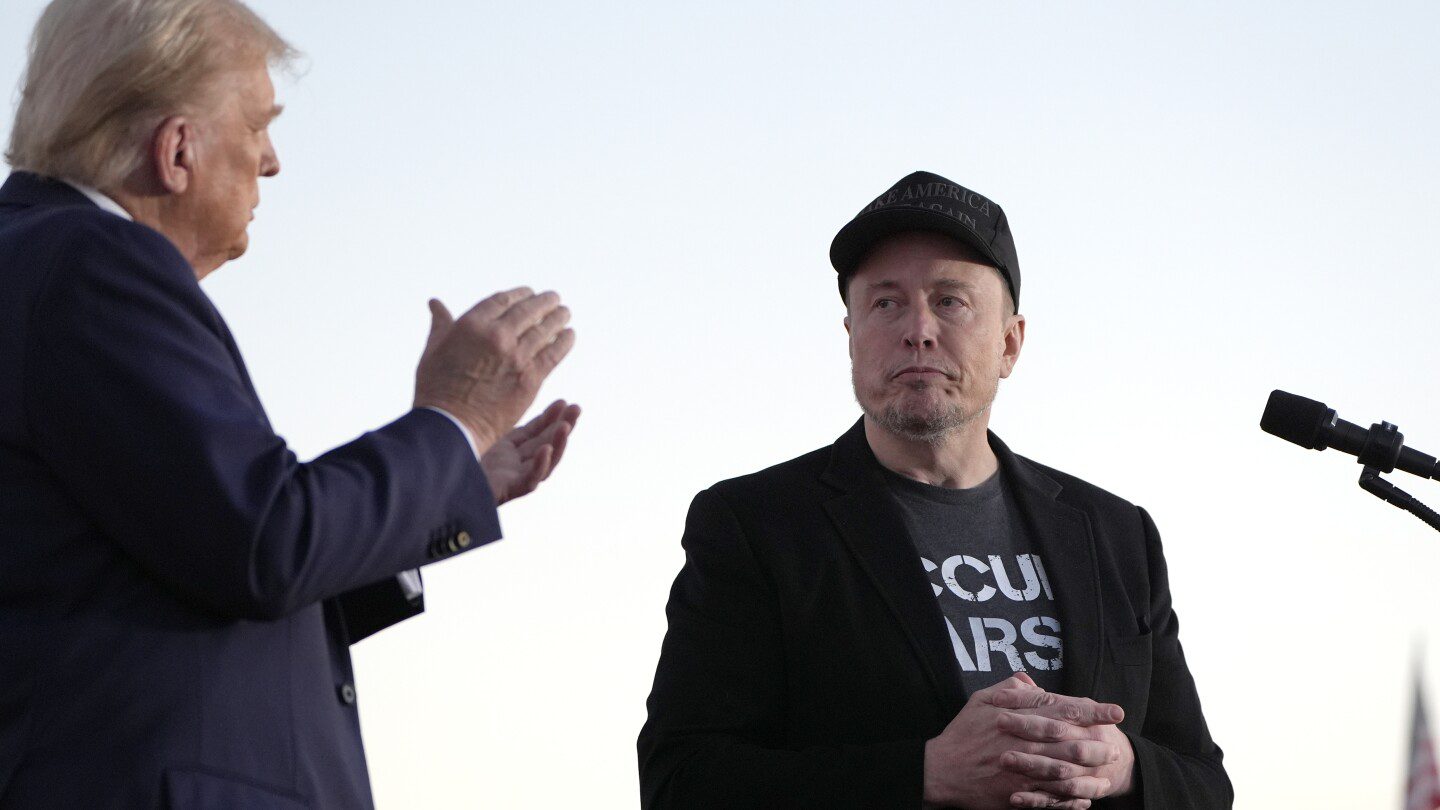
According to recent data from the Trump administration, approximately 40% of the federal contracts that have been canceled as part of its notable cost-reduction initiative are not anticipated to generate any savings for the government.
The Department of Government Efficiency (DOGE), overseen by Elon Musk, a prominent advisor to Trump, released an updated inventory earlier this week detailing nearly 2,300 contracts that various federal agencies have recently terminated. Data featured on DOGE’s “Wall of Receipts” indicates that over one-third of these cancellations—amounting to 794 contracts—are expected to produce no fiscal benefit.
This situation typically arises because the total contract value has already been fully committed, obligating the government to utilize the allocated funds for the purchased goods or services, many of which have already been utilized.
Charles Tiefer, a retired law professor with expertise in government contracting from the University of Baltimore, analogized this to retrieving used ammunition: “It’s like taking back spent ammunition when it serves no purpose. Canceling contracts in this manner does not achieve any financial policy objectives.” He added that the mass termination of contracts appears to be counterproductive regarding cost savings.
AP correspondent Ed Donahue reports that some recent government budget cuts may not yield actual monetary savings.
An official from the administration stated it was reasonable to eliminate contracts that may be viewed as unnecessary, even if these actions don’t lead to any savings. This individual, who was not authorized to speak publicly, requested anonymity for this disclosure.
The Trump administration has expressed its focus on eliminating fraud, waste, and abuse within government spending. On Monday, DOGE claimed its initiatives have led to savings of approximately $65 billion, which includes contract cancellations, leasing renegotiations, workforce reductions, and asset dispositions. However, this figure has not been independently verified.
Many of the contracts that were canceled involved research projects that had been awarded, training sessions that had already been conducted, software purchases that had been made, and internships that had been filled. Additionally, several were for subscriptions already paid to various media entities, including The Associated Press and Politico, which the administration indicated it would discontinue.
Other contracts that were canceled covered a diverse array of goods and services.
For example, the Department of Housing and Urban Development awarded a contract in September to procure and set up office furniture across various locations. Although this contract remains active until the end of the year, federal records reveal that the maximum amount of $567,809 had already been committed to a furniture supplier.
Similarly, the U.S. Agency for International Development had negotiated a $145,549 contract last year for carpet cleaning at its Washington headquarters, but the entire sum had already been obligated to a company owned by a Native American tribe based in Michigan.
Another $249,600 contract was inked with a D.C.-based firm to assist the Department of Transportation with the transition from President Biden’s administration to Trump’s.
Tiefer remarked, “It’s too late for the government to opt out of many of these contracts without facing payment obligations.” His experience includes serving on the Commission on Wartime Contracting in Iraq and Afghanistan.
He further noted that DOGE seemed to be applying a “slash-and-burn” tactic towards contract cancellations, which could potentially harm government agency effectiveness. Instead, he proposed that savings could be achieved by collaborating with agency contracting officers and inspectors general to identify efficiencies—something the administration appears to have avoided taking.
DOGE contends that the overall contract cancellations could save $9.6 billion, a figure that independent analysts have scrutinized as potentially overstated.
Several canceled contracts had been intended to enhance modernization and the efficiency of governmental operations, which contradicts DOGE’s stated cost-cutting goals.
For instance, one significant contract aimed at providing consulting services for restructuring efforts within the Centers for Disease Control and Prevention’s National Center for Immunization and Respiratory Diseases—crucial in managing the COVID-19 crisis—had already committed a maximum of $13.6 million to Deloitte Consulting LLP for these efforts, including closing various research offices.
The update on DOGE’s data coincided with The Associated Press’s appearance in court related to its ongoing legal battle with three White House officials to regain access to presidential events. The AP alleges that these officials are penalizing the agency for editorial choices they disagree with. The White House contends that the AP fails to adhere to an executive order that mandates referring to the Gulf of Mexico as the Gulf of America. A federal judge deferred on granting immediate access restoration, suggesting the AP hadn’t proven any irreversible harm, but encouraged the administration to reconsider its stance.
___
Reporting by Foley from Iowa City, Iowa.









